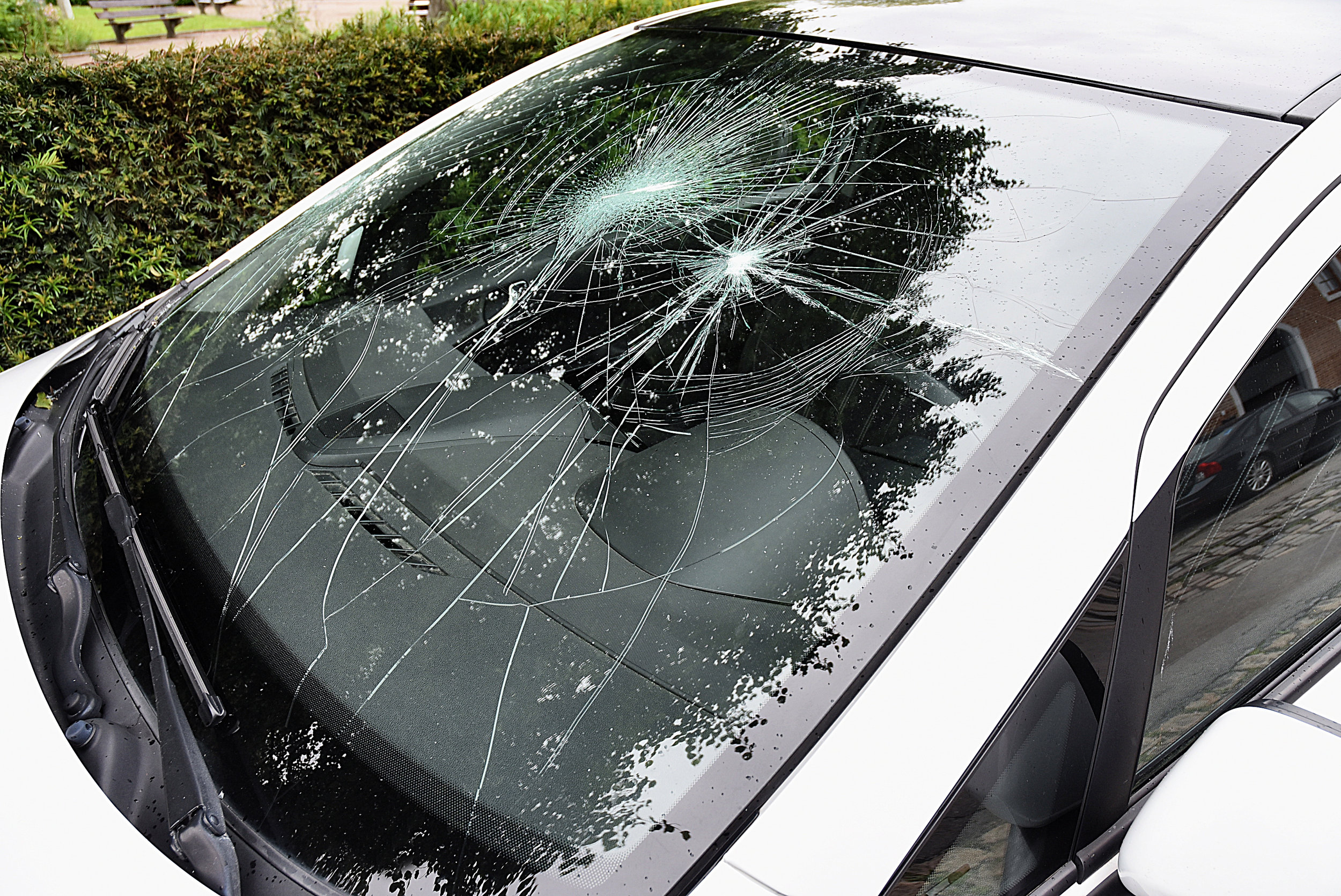Gina discusses what Gap Insurance covers. Do you finance your car? Find out why this coverage is so helpful!
Gina discusses Umbrella Insurance
Why Do I Need an Umbrella Policy?
This is not your rainy day umbrella. An Umbrella Insurance policy gives you additional coverage over your vehicles, homes and toys. If you are ever held responsible for damages or bodily injury, an Umbrella helps protect your assets. This policy covers you above and beyond your auto and home insurance.
If you or a household family member cause a car accident that results in significant damage, bodily injury or death, you want this protection. Imagine you rear-end a surgeon and he breaks his arm in the car accident. He has permanent nerve damage and cannot work in the same capacity any longer. The surgeon will sue for medical, pain and suffering, and loss of wages. Your car insurance will pay out first and then the umbrella kicks in up to its limit. If you have $250,000 of Bodily Injury on your auto policy and he sues you for $1 million, where will you get the extra coverage? An UMBRELLA!
Need more examples of why you may need this protection: your dog bites your neighbor’s child, a guest slips on a wet floor or broken stair and breaks their leg, or a child is injured in your swimming pool. If you own a rental property you definitely want an umbrella to protect you against the claims that can arise from the tenant’s guests. Maybe while driving your boat you hit a water skier and cause serious injury. Umbrellas may also cover you for libel or slander lawsuits.
Your auto or home policy will always pay out first. If the judgement against you exceeds the limits on these policies, this is where your Umbrella comes in. Keep in mind, that your underlying policy limits must be kept at a minimum level (usually $250,000/$500,000/$100,00 on your cars and $300,000 on your homes) so check with your insurance company and be sure to maintain adequate limits. Umbrellas will also cover your legal defense fees.
If you own assets or earn a wage, we suggest having an umbrella. This is another layer of protection that usually only costs a couple hundred dollars per year. Most policies start at a minimum of $1 million in coverage but higher limits can be purchased. You do not need a million dollars in assets to need a million dollar umbrella. Liabilities and defense costs quickly add up, having an umbrella gives you peace of mind.
Gina Discusses Collision Coverage
What is Collision Coverage?
Collision is one of the physical damage coverages available on your car insurance policy. Collision repairs or replaces your car after colliding with something that causes damage to your vehicle. This could be collision with another car, object or even a single car accident.
If you are financing your car, your finance company will require this coverage. They also require that they are listed on your policy as the lien holder or lessor.
To help decide if you need this coverage, estimate the approximate value of your car. You can use resources such as Kelley Blue Book, NADA and Edmunds. Compare the cost of the Collision coverage versus what it could cost you if there was a total loss. Remember that most insurance companies pay out the Actual Cash Value of your car. This is the replacement value of your vehicle minus depreciation minus your deductible.
The cost of Collision is partially based on the deductible option you choose. The higher the deductible, the lower your premium will be. When you choose a higher deductible, that means there will be more money out of your pocket when there is a claim. If you choose to not carry this coverage, you must pay the full amount of repairs or the full replacement cost out of your own pocket.
Video - Gina talks about Comprehensive Coverage
What is Comprehensive Coverage?
Comprehensive is one of the physical damage coverages available on your car insurance policy. We often refer to this as “Comp” for short. Comp covers fire, theft, vandalism, glass breakage, falling objects, civil disturbances and hitting an animal.
If you are financing your car, your finance company will require this coverage. They also require that they are listed on your policy as the lien holder or lessor.
Comprehensive does not cover colliding with objects or injuries or roadside.
To help decide if you need this coverage, estimate the approximate value of your car. You can use resources such as Kelley Blue Book, NADA and Edmunds. Compare the cost of the Comp coverage versus what it could cost you if there was a total loss. Remember that most insurance companies pay out the Actual Cash Value of your car. This is the replacement value of your vehicle minus depreciation minus your deductible.
The cost of Comp is partially based on the deductible option you choose. The higher the deductible, the lower your premium will be. When you choose a higher deductible, that means there will be more money out of your pocket when there is a claim.
Some companies offer an enhancement to the glass coverage encompassed within Comprehensive. This may be referred to as “Glass Buyback” or “Full Glass”. For a small price, you can have a lower deductible or no deductible at all when there is a glass claim. Clients who want to pay no deductible or want very little money out of their pocket for a full windshield replacement can benefit from this upgrade.
I Have a Water Leak! - Straight from Gina
What do you do when you have a water leak? Watch this and find out!
Read MoreTrenchant Insurance Is a Broker?
An insurance broker is an insurance agent - we are an agent that works with multiple insurance companies. Brokers are also referred to as “independent agents”. We are independent because we are not tied to only one insurance company.
Read MoreWhat is NOT covered on your home insurance? - Straight from Gina
It is important to know what exactly you are getting with you insurance policy. Make sure you educate yourself and make any changes needed before it is too late.
Read MoreHome Inventory - Straight From Gina
Take a minute and listen to why Home Inventory is an important part of protecting our home.
Read MoreMy House Has a Water Leak!
Water leaks are the number one claim we see in our office. Maybe the cause is rain, the water heater, refrigerator, washer or a bathroom pipe. Water is tricky and travels everywhere.
It is very important to STOP the water once it is detected.
Did You Know Your Home Insurance Does NOT Cover Everything?
Yes it is true! There are exclusions and limitations on your home insurance policy. So check your policy or speak to your agent about your coverage
Read MoreUpdate Your Home Inventory
Now that the holidays are over it is time to update your home inventory. We suggest you do a digital inventory of your house, townhouse or apartment every year. An inventory will show an insurance adjuster what you have inside your home and can expedite the claims process.
Read MoreProtect those new jewels, gadgets and toys!
It's important to know that all types of property insurance have limitations and exclusions. Some of these limitations relate to certain types of property when a claim involves theft. Jewelry, watches, furs, guns, gold ware, silverware, collections, fine art and computers usually have coverage only up to certain dollar amount, commonly about $1,500.
Read More




